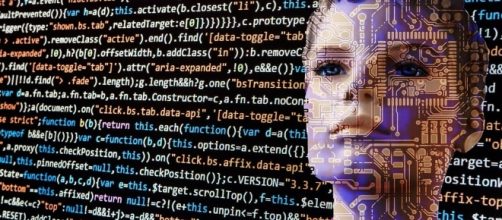Conquering space, building electric cars, and providing every home with solar energy is apparently not enough for Elon Musk. The restless entrepreneur has created a new company, called Neuralink, which promises to treat certain intractable neurological diseases such as epilepsy as its first step. Its second phase is to provide a fusion of the human brain and computers in order to enhance human intelligence.
Musk, like many people who imagine the future, has been concerned about the potential threat posed by artificial intelligent computers. Advances in information systems technology and robotics will, some suggest, one day lead to computer systems that are self-aware and which can reproduce and improve themselves without human intervention.
The dangers of self-aware, AI computers have been examined in science fiction for decades. In the Terminator movies, a computer known as Skynet becomes self-aware and decides to exterminate the human species with a thermonuclear strike followed by cybernetic killing robots called Terminators. Even if these super computers turn out to be more benign, they will advance to such a degree that humans will become superfluous and would be left behind by its cybernetic successors.
The idea of linking the human brain with computers has been under development for some years, usually as a means of providing control of robotic limbs for people with mobility issues thanks, most often, to brain damage. Musk’s idea is to provide input and output of information directly to and from the human brain with a computer, giving people the processing speed provided by such machines without the slow, clumsy method of pointing and clicking and reading a screen.
How being “enhanced” by such methods will change human beings is something that is hard to predict. We could become super intelligent people, therefore being granted the ability to operate more on an even playing field with AI computers. In fact, humans and AI computers would merge in a kind of symbiotic relationship. Does that mean that people will lose their individual identity, being linked together in a neural network, a sort of biological Internet, like the Borg on “Star Trek?” Is that a future that we should want?
These are questions that should be asked and answered while the technology is being developed.

